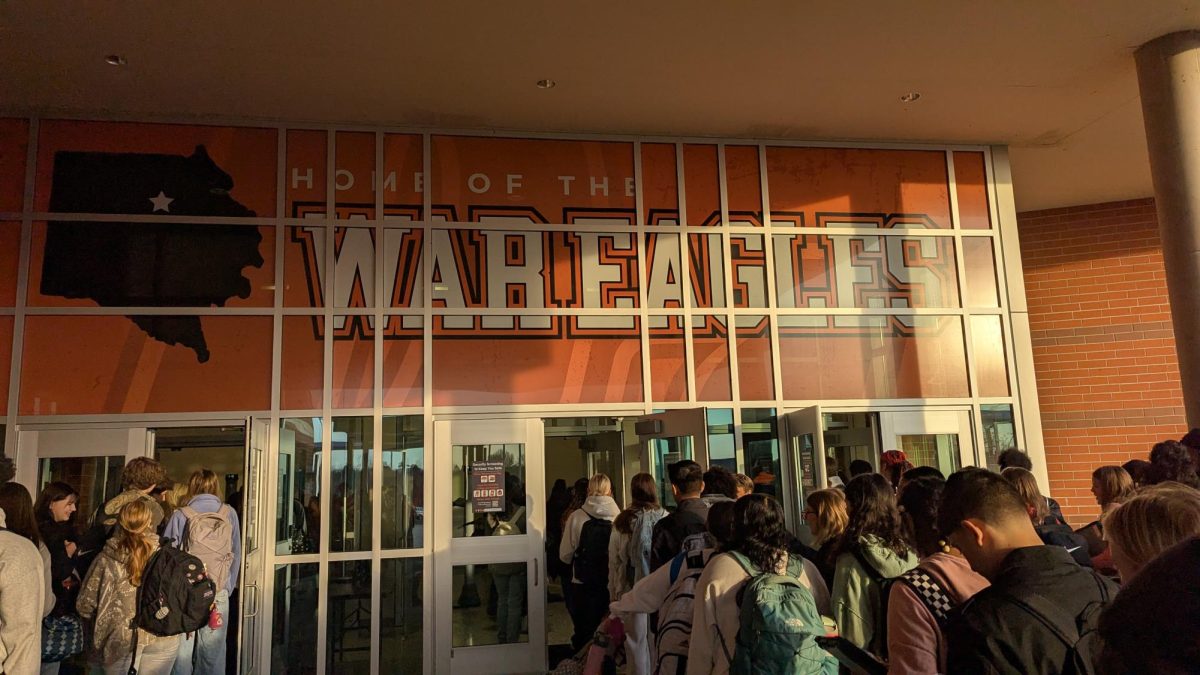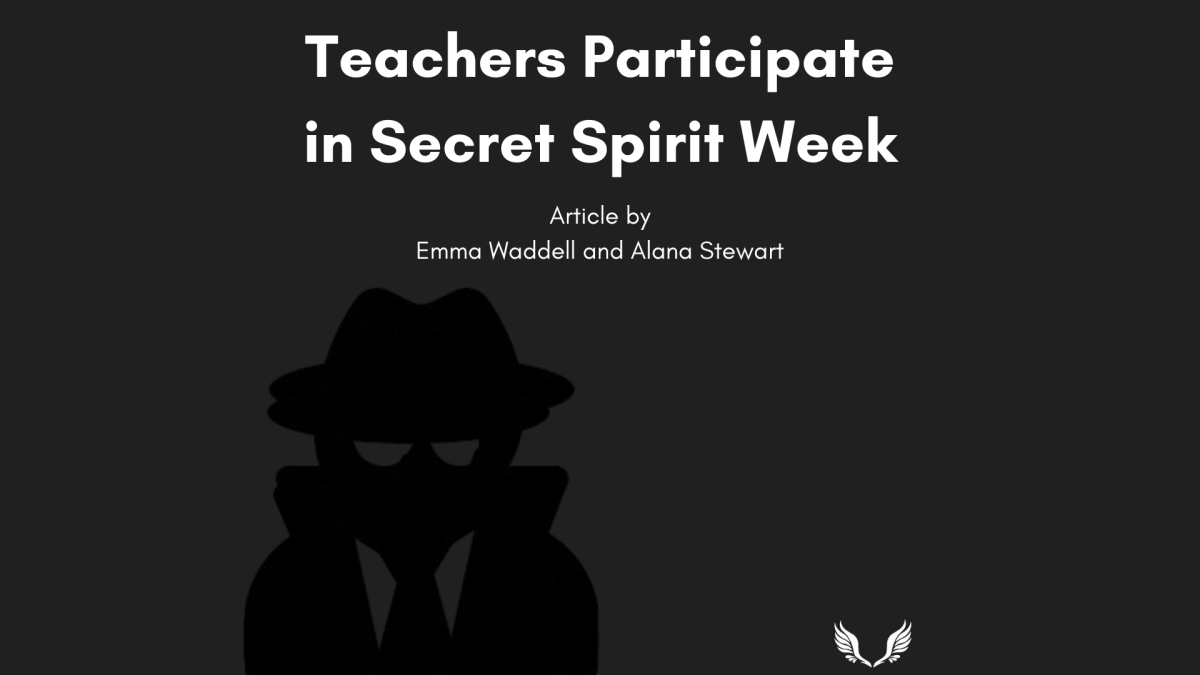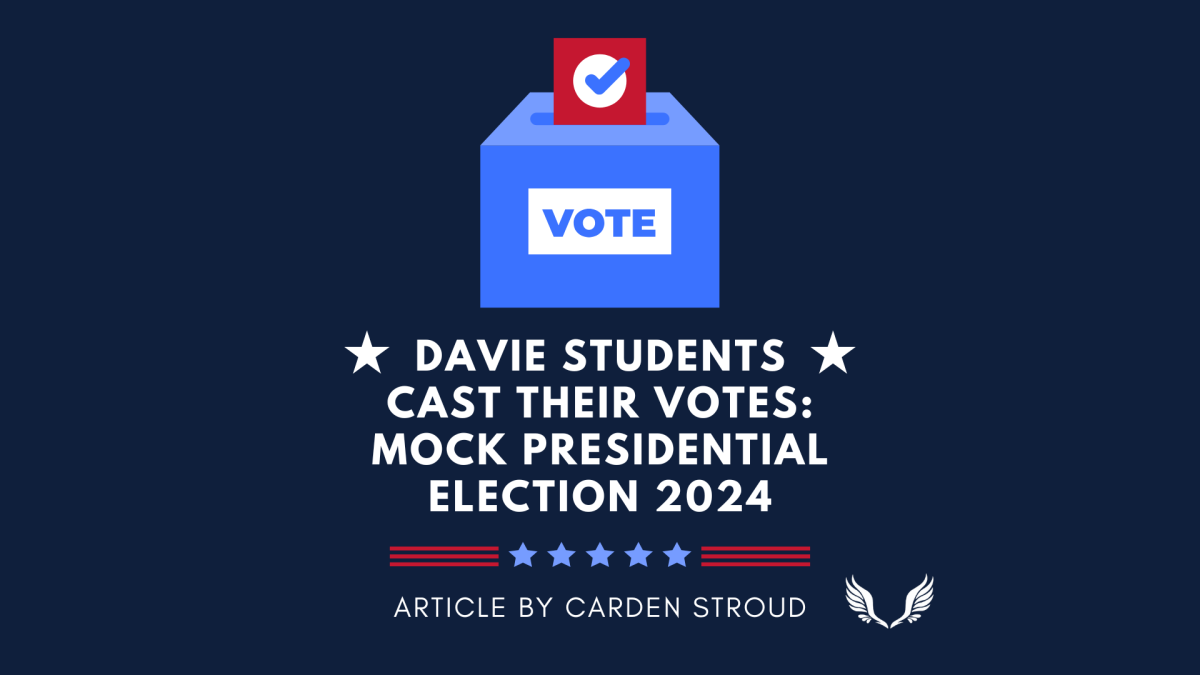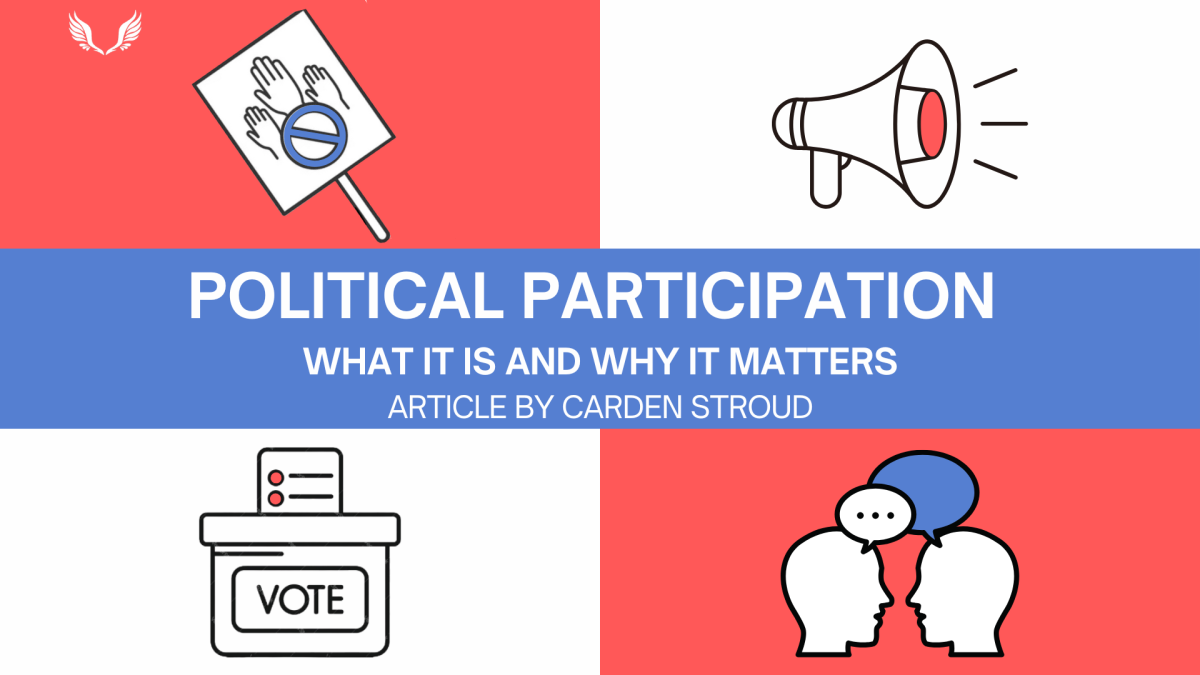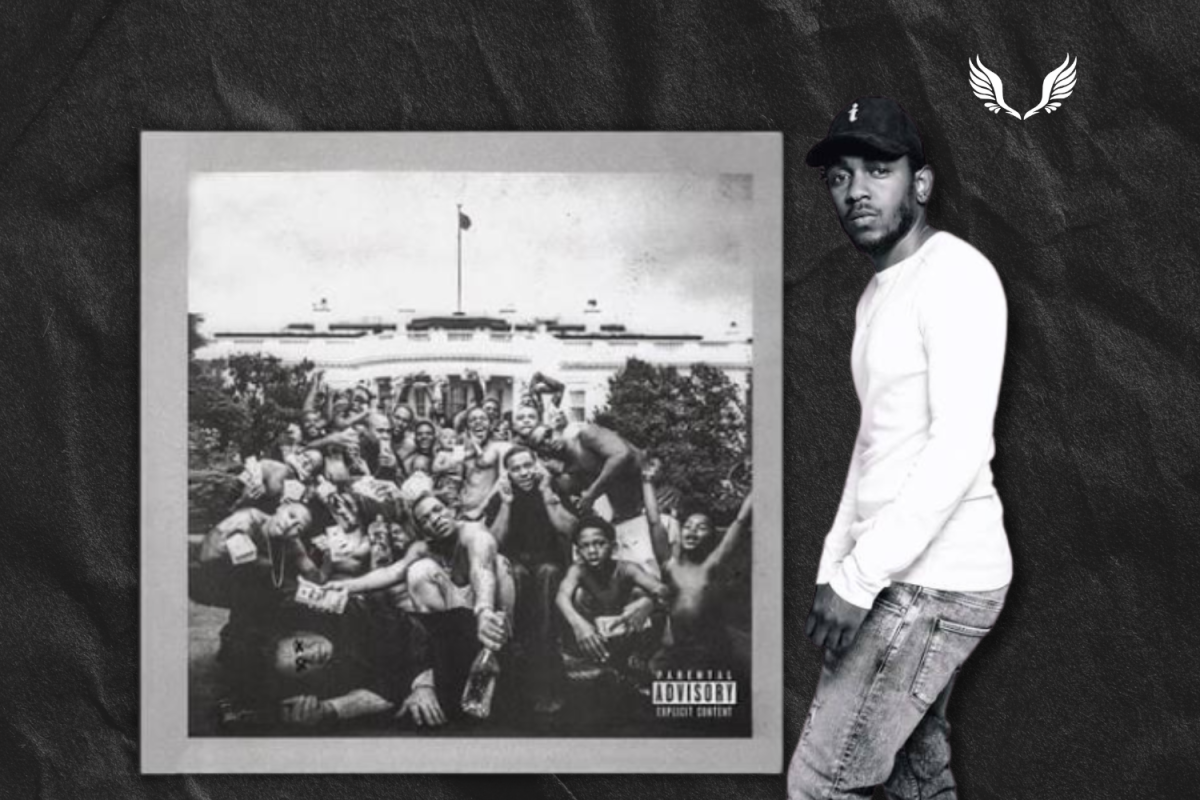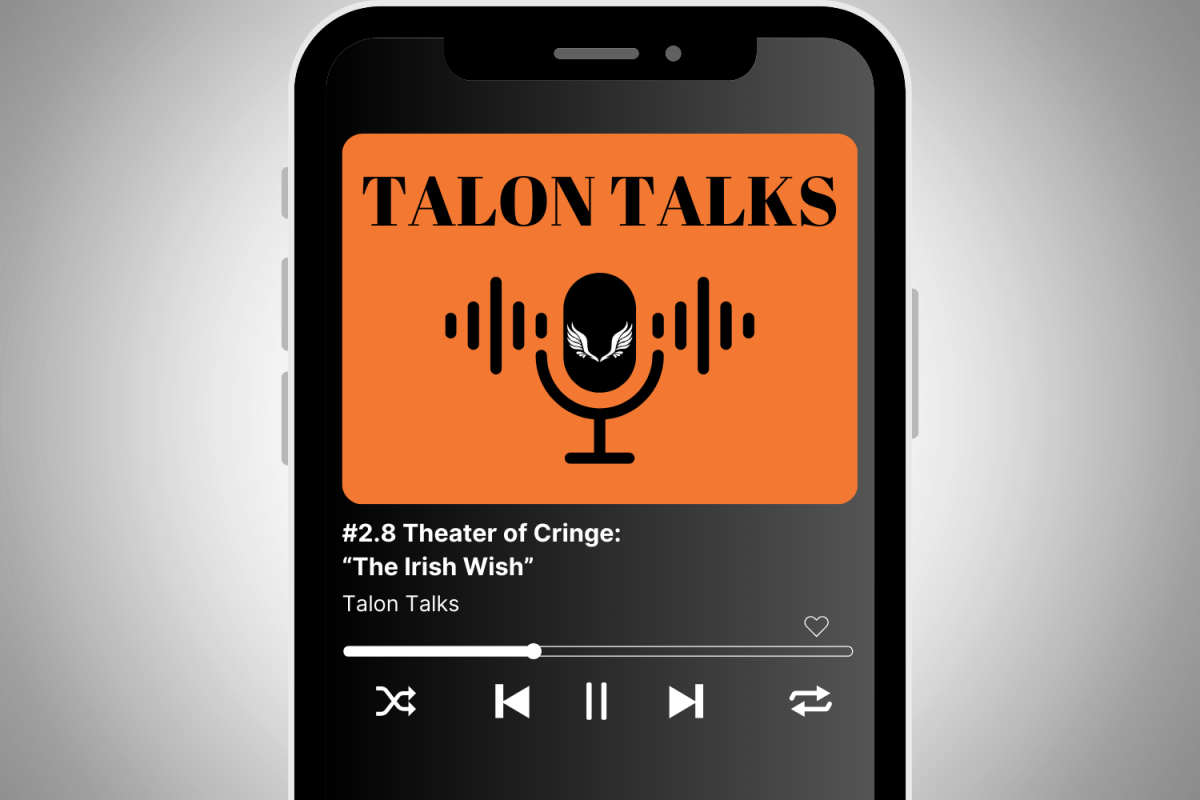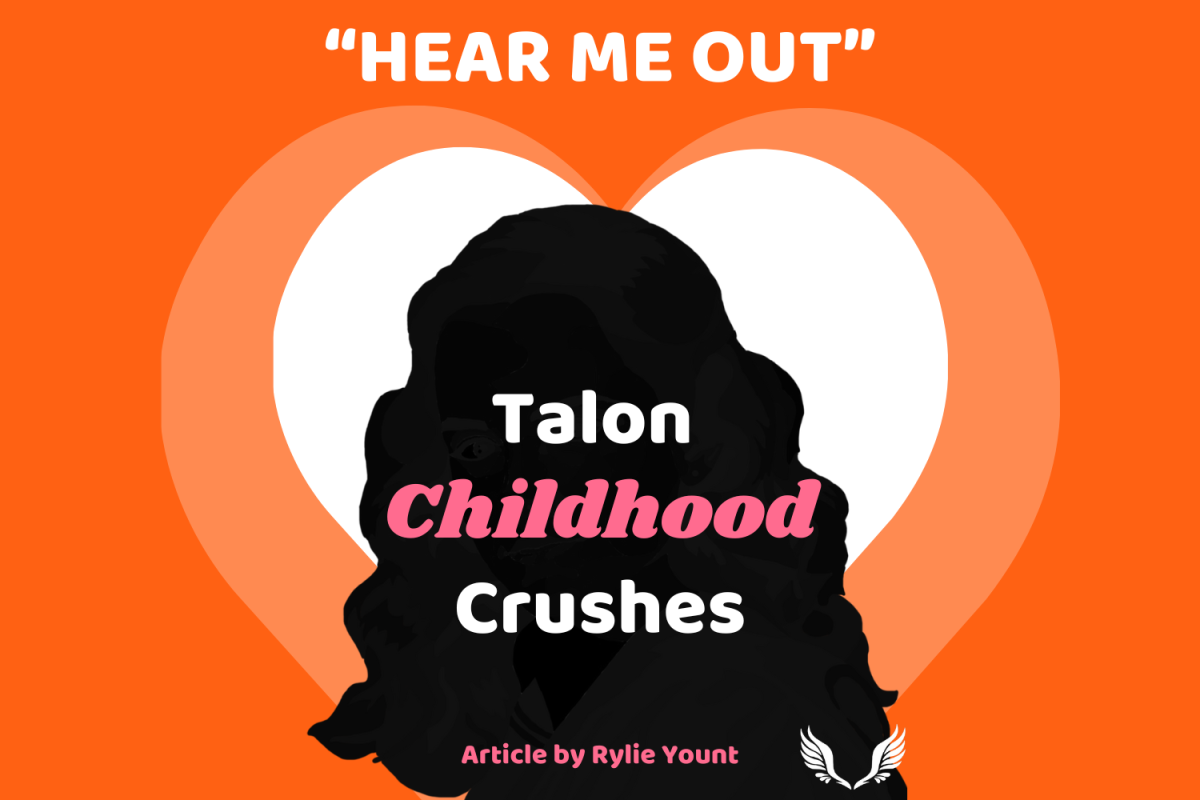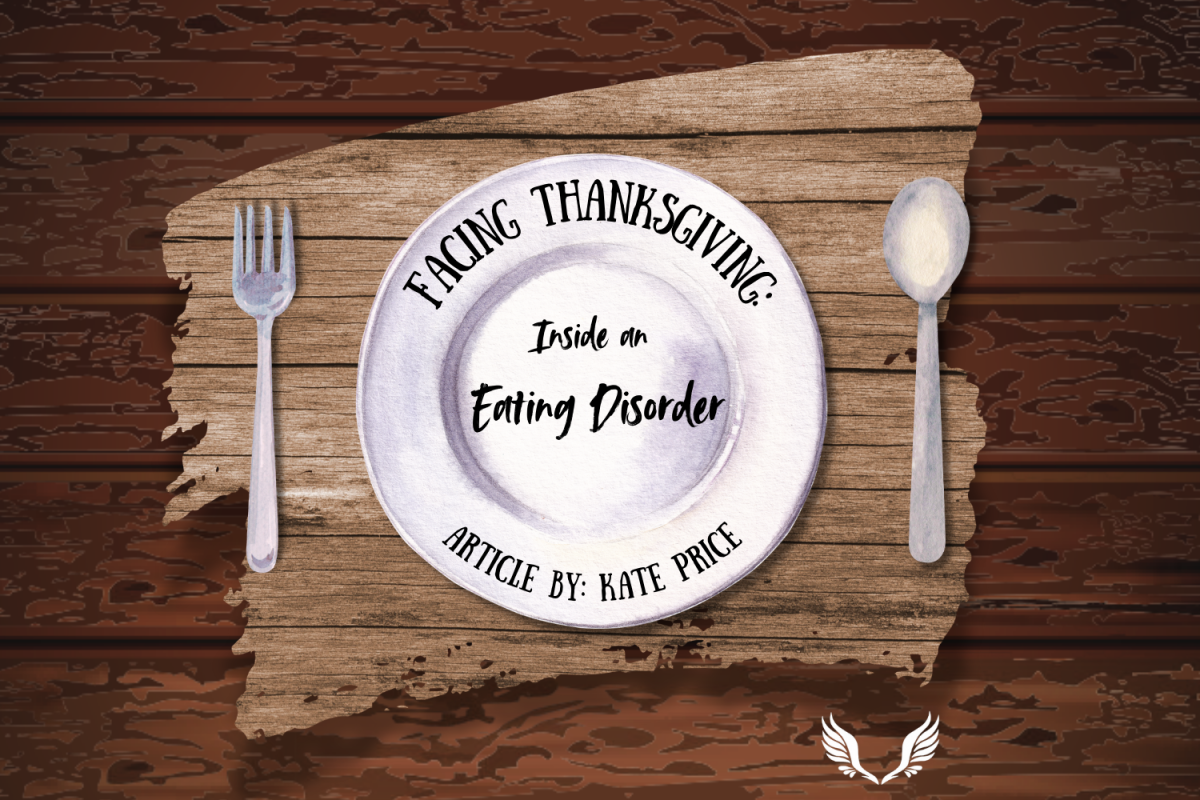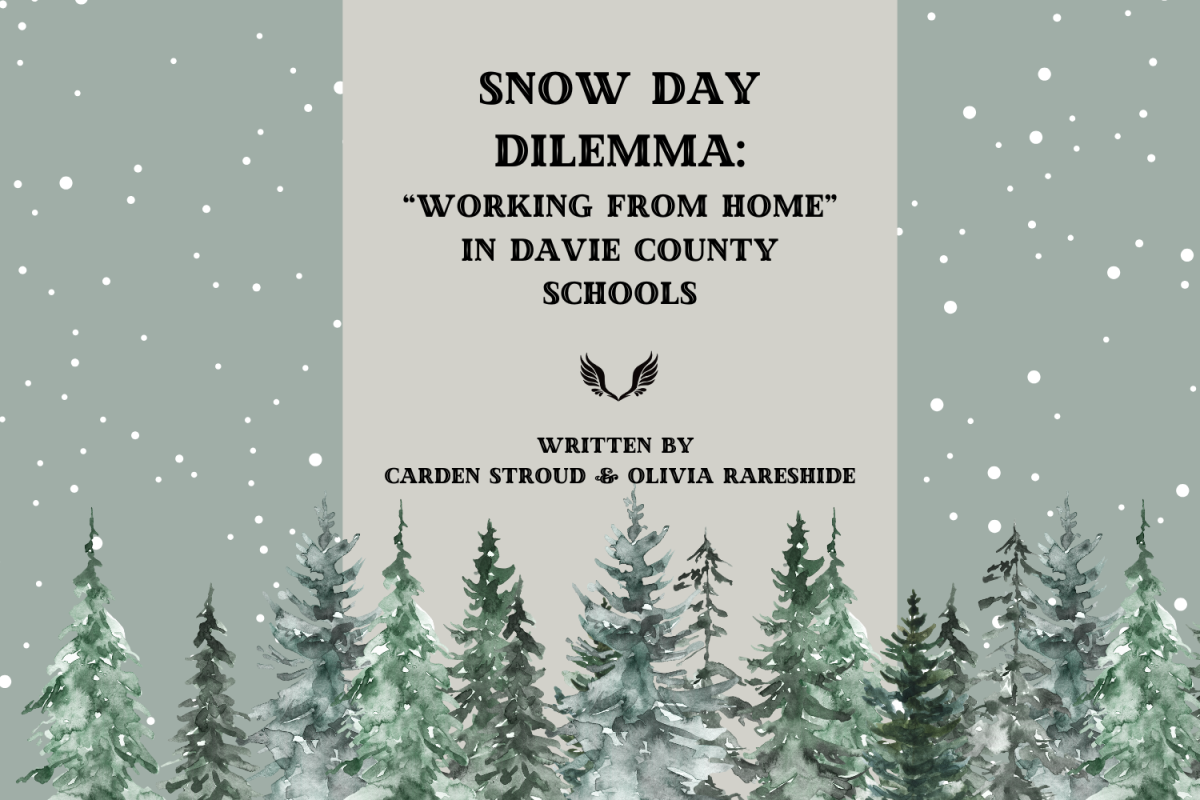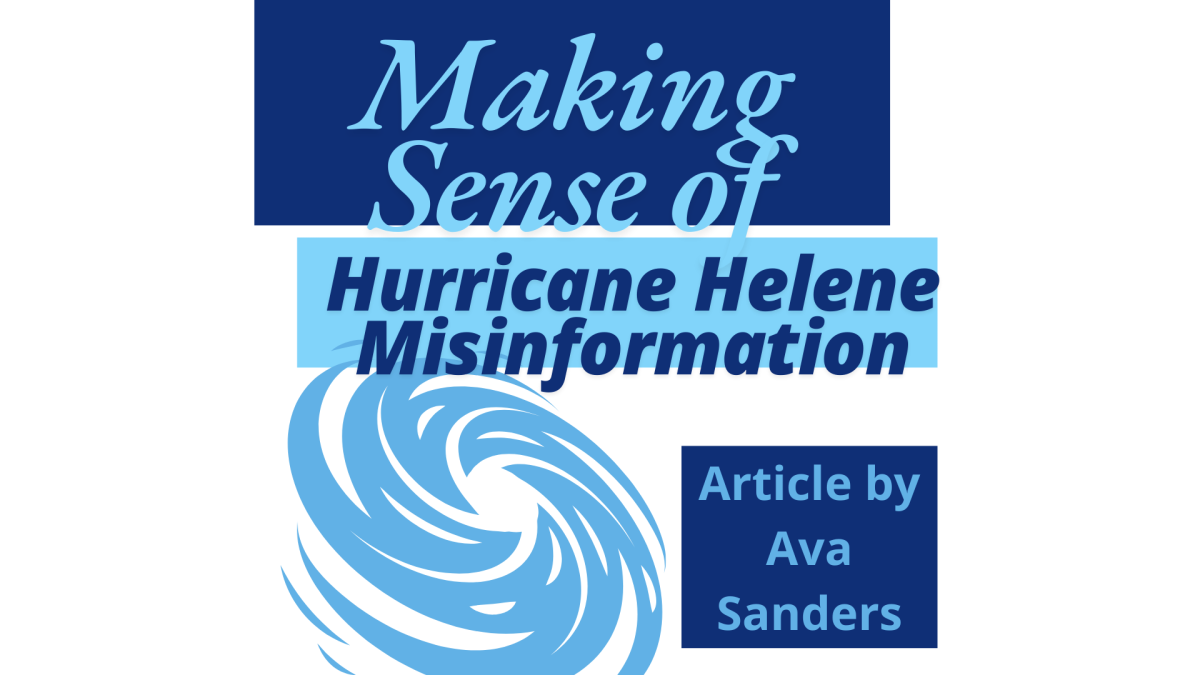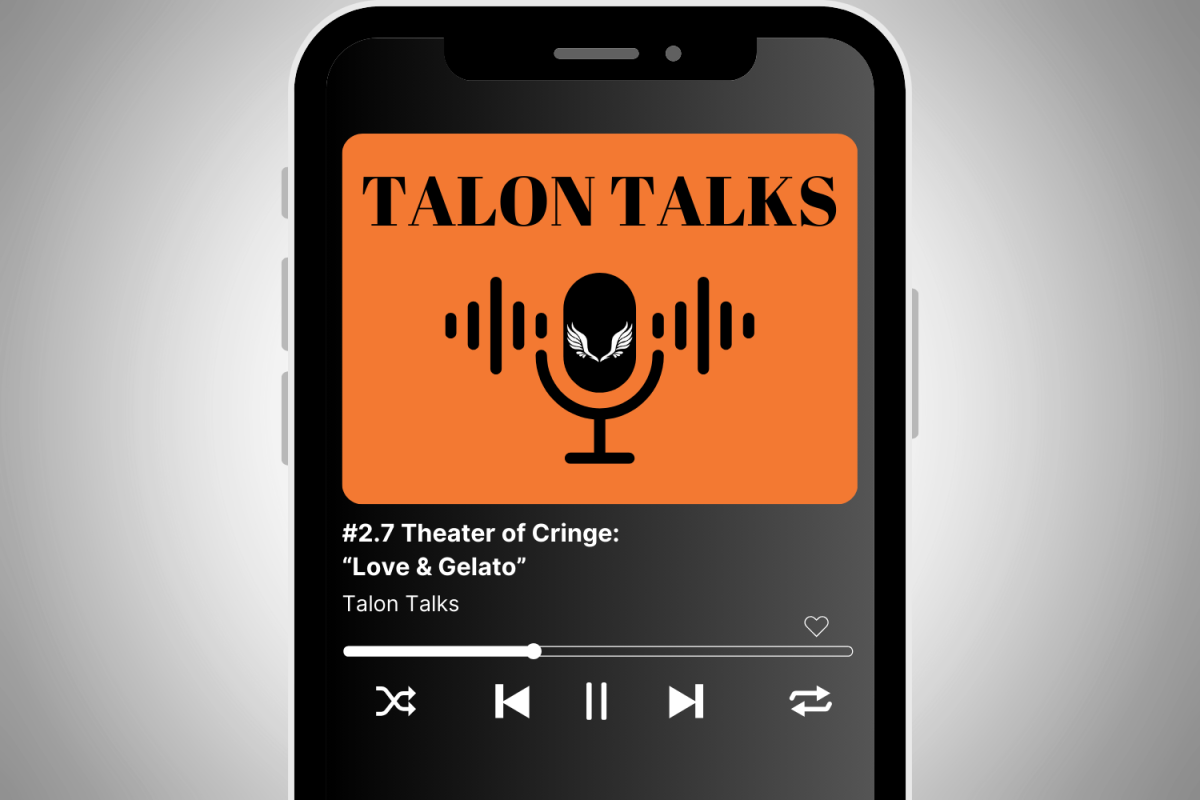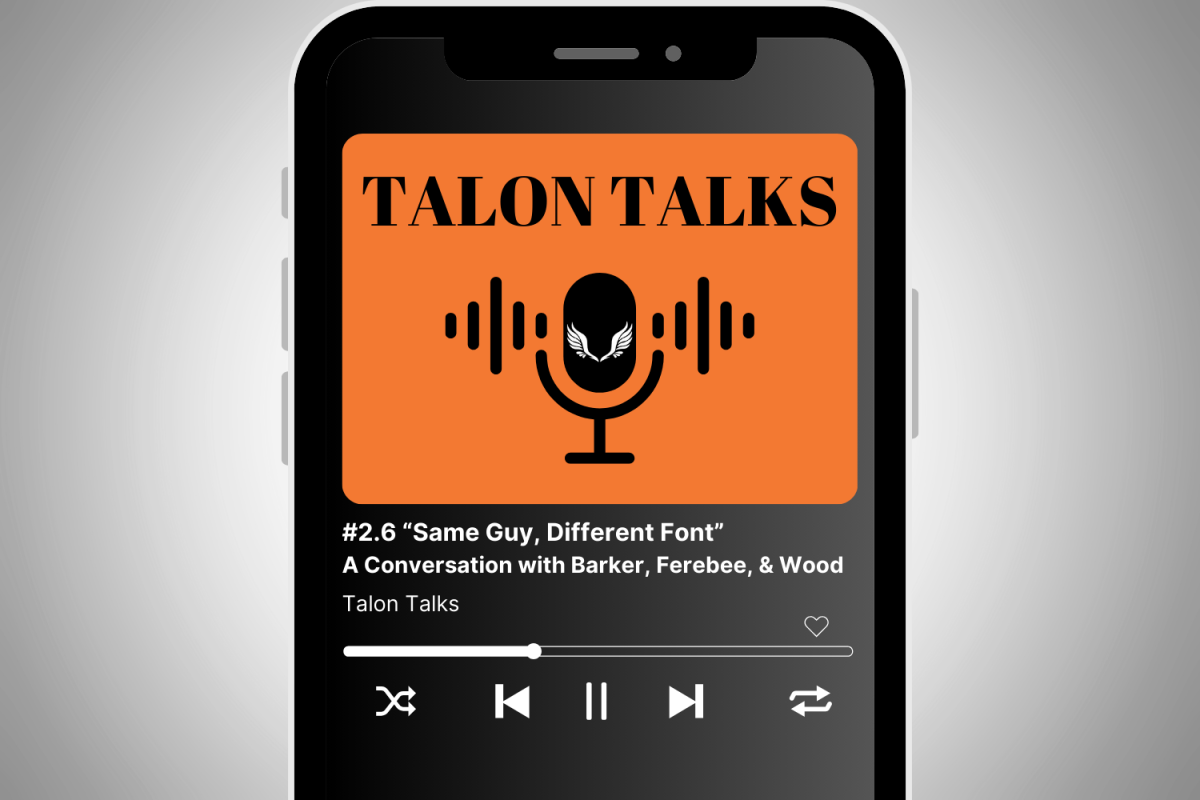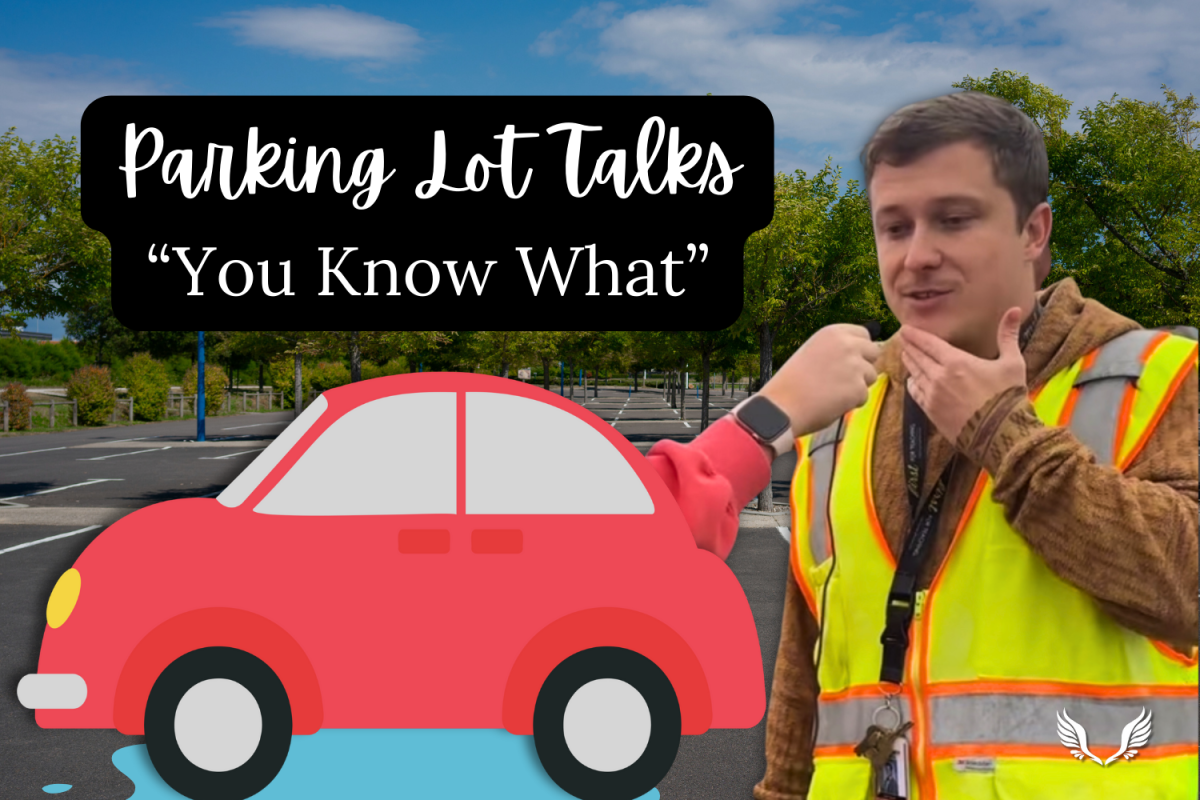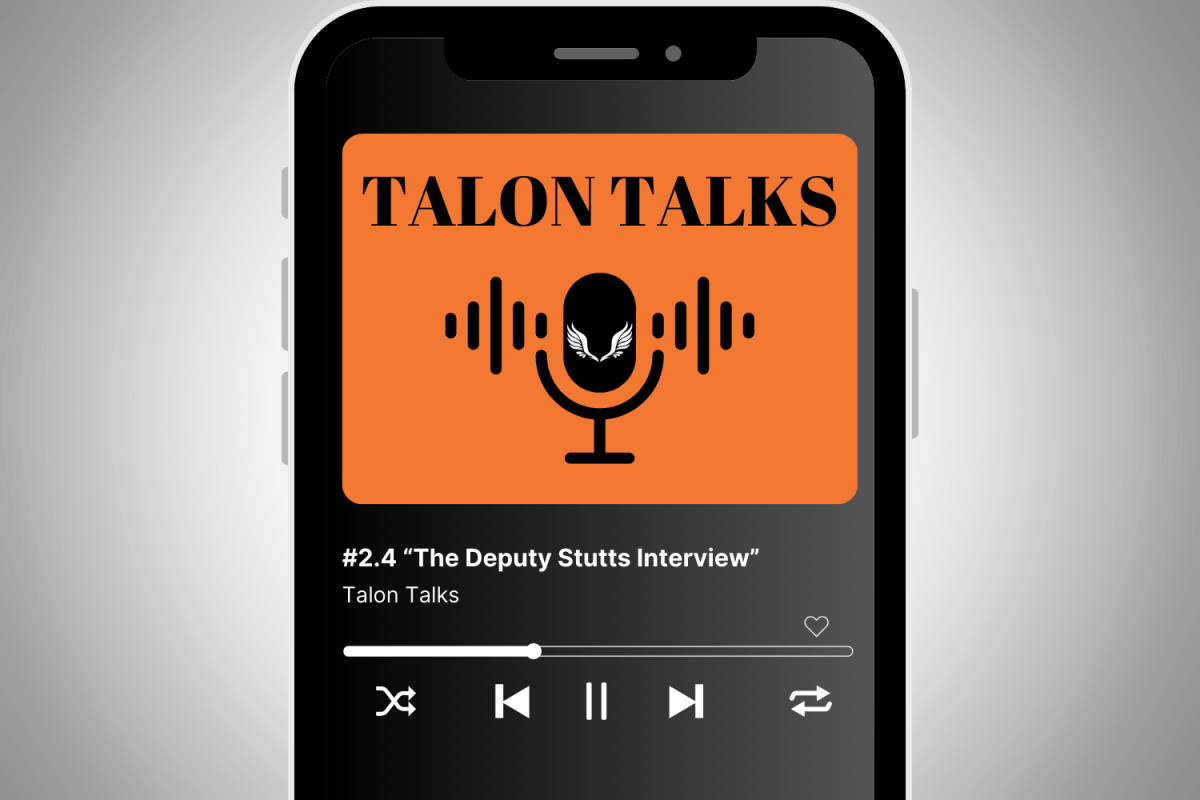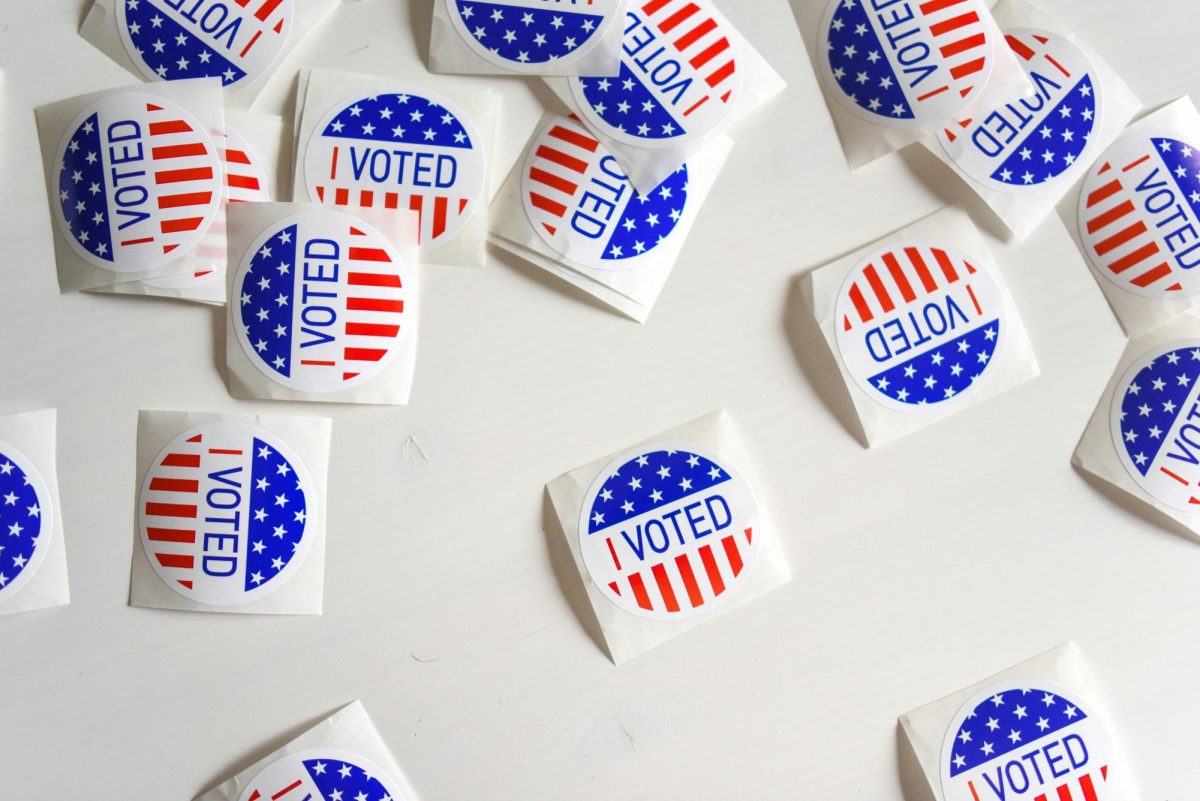Is it right to mandate vaccines for COVID-19? Should everyone be vaccinated against this disease? Is it ever permissible to require anybody to receive a vaccine? These questions are just a few of the many dominating the current public discourse on vaccinations, especially in relation to the COVID-19 pandemic. With President Biden’s recent attempts to mandate vaccines at the federal level, questions about how these policies might trickle down to both schools and workplaces have persisted.
While resistance to mandating the COVID-19 vaccines in public schools is not uncommon, when it comes to school, the idea of vaccinations as a requirement for attendance is nothing new. Whether they be for Polio, Hepatitis B, Varicella, or other diseases, certain immunizations have been required for students for years. These vaccines are spaced out over multiple years (students might be in kindergarten for one and in the third grade for another, for example), and concern about students receiving them or schools requiring them have often minimal to non-existent.
Why should any vaccine be required?
Simply put, vaccines ensure you don’t become infected with preventable diseases. The polio vaccine prevents you from getting polio. The MMR vaccine protects you from measles, mumps, and rubella. Kristin Oliver, MD, MHS, a pediatrician and preventive medicine physician at the Mount Sinai Health System, notes that vaccines are not only essential, but they are remarkably convenient.
“Vaccines are one of the best tools we have to prevent disease and death in both children and adults. Getting vaccinated is one of the easiest things that we can do to keep ourselves and our children healthy. When I think about all the things I do to stay healthy—eat well, exercise, manage stress—that’s a lot of work. But it’s easy for me to go and get my flu shot or bring my kids in to get their vaccines. And when I do that, I’m preventing disease, not just in myself and my family, but also in the communities where I live and work.”
Vaccinations within schools prevent the spread of harmful diseases to you and the people around you. So why the resistance when it comes to something like vaccines for COVID-19?
For many vocal critics, the issue comes down to whether it is morally or ethically right to do so, with some even condemning the practice as being unconstitutional. Those people are typically part of the anti-vaccine movement — people who believe that vaccines should not be used at all, or at least should not be mandated.
Arguments over constitutionality, however, often ignore how even before COVID-19, multiple states have consistently mandated vaccinations. In a recent study, the Pew Research Center notes that “the Centers for Disease Control and Prevention recommend routine vaccination against 16 diseases from birth to age 18.” When it comes to schools specifically, the number of those vaccines required varies, but every state has some vaccine mandate.
“Of the 16 immunizations the CDC recommends for children and teens,” the study notes, “all 50 states (plus the District of Columbia) mandate diphtheria, tetanus, pertussis (whooping cough), polio, measles, rubella and chickenpox. In addition, every state except Iowa mandates immunization against mumps. (The diphtheria, tetanus, and pertussis vaccines are usually given as a single combined shot, as are the measles, mumps, and rubella vaccines.) Except for the chickenpox vaccine, which became available in the United States in 1995, all those vaccines have been around for 50 years or more.”
If people debate over vaccines in schools, what about work?
As you probably know, you can be tested for certain diseases. If you want to work with children, such as in a daycare, you would need to get a background check and to be checked for TB. If everything checks out, you can start your job whenever they say. Anyplace that you may want to work can mandate you to get tested or get a vaccine. One you might know about now is the covid vaccine. You may be wondering, “What is the mandate for work for that?
In the article it says, “Tens of millions of Americans who work at companies with 100 or more employees will need to be fully vaccinated against COVID-19 by Jan. 4 or get tested for the virus weekly under government rules issued Thursday.”
Many of you might have heard about this from parents or maybe your own job. As with everything else, some people agree and others don’t agree. Some people say it’s unconstitutional to mandate this vaccine, but they are not being forced to get the vaccine. It says get the vaccine or get tested each week.
One thing that might be confusing is that some people say that the COVID vaccine is unconstitutional but then say the vaccines for school are not. Why would you want one to be one way but the same concept to be another way? That is one of the more confusing things to a lot of people.





